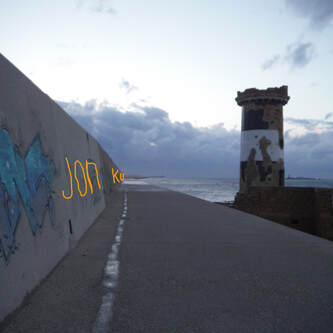 In a few days I will be returning to Italy for the first time in over four and a half years. During the pandemic I dictated an entire book about my stay in Puglia, but the file was corrupted. After several attempts at rewriting the text, I put the manuscript aside and decided those words were not meant to be shared. And yet with my new assignment in Europe, I have the chance to return, to stay for three weeks and to embrace those parts of me I left behind. In the spirit of this return, I wanted to share this introduction, the same one I intended to publish in Brindisi and Me. As the book will likely never be released, this should be a good starting part for our adventures in the weeks ahead. ___________________________________________________________________________ One might be hard pressed to find an American that is not eager or willing to travel to Italy or live-in country. Whether it is our obsession with the cuisine, the culture, or the fact half of us appear to have Italian blood or have a friend that does, makes it that much more appealing. Granted, our perspective is skewed on what real Italian life is, constrained to Hollywood movies, Olive Garden, and to our relatives that went on that two-week-long trip to Tuscany or to Roma. There is this love affair, one that I will admit I did not feel prior to being offered a teaching position on the heel of the boot. I remember asking my future employer whether they felt it would be a good fit. I was pushing for a former Soviet Union republic and instead I’m going Under the Tuscan Sun, well significantly farther south, but still the same sun. To say I was surprised that I would be undertaking a two-year teaching assignment in southern Italy would be an understatement. I will be the first to share that I wasn’t some timid traveler either having studied overseas on two previous occasions and traveled to multiple countries outside the United States. Knowing that I had lived up and down the east coast and in the central USA made me feel confident that anything Italy would throw my way would be easy to manage. In some ways that couldn’t have been any farther from the truth. Even though after World War 2 the United States would be central to helping Italy rebuild, something got lost in translation. Between American soldiers “rescuing,” I mean falling in love with Sicilian and Italian women who they would quickly bring back stateside to create a nuclear family with, any and all money that was sent back to help rebuild, didn’t find a direct path to the impoverished southern part of the country. I’m confident you could look up Garibaldi’s unification of Italy, but the short version is that on paper the long one-legged land mass with a few islands to spare is one country, but in truth you have Rome and all that it represents as well as Milan, Florence, and the rest of the north to Venice, as one “cultured” state. That’s where the financial districts are located, where most Italians that remained after World War 2 work and are able to make a life for themselves. Travel south of Rome and things start to get shady — shifty might be a better word. Yes, we can whisper such things like the mafia if you really want to, but it might not be necessary. It’s not so much that, but more like how the southern United States was treated after the Civil War. Industry versus agriculture is the bottom line. I’m sure some money has been sent to the southern part of the country, but my goodness if you talk to any northern Italians, they are quick to point out the money disappeared or was wasted because of those “barbarians, pirates, anarchists, and thieves,” concerning their beloved kin to the south. Knowing there is an undertone within the country and in some circles outspoken critics ready to cut off Puglia, Calabria and the other southern regions, I find the irony in where the northerners flock when summer comes. Even in this time of COVID, where were northerners driving and flying, but to the southern part they criticized so much, hoping to get a reprieve from the virus. The country is mind boggling. The average American wouldn’t know this since so many hit only Rome, Naples, and Florence. Very few head to the heel, to where you can look out at the bluish green water and know that across the narrow sea is Albania and Greece — only a reasonable ferry ride away. I didn’t know what I was getting myself into. I should have had an idea when a colleague sent me a book by Chris Harrison titled Head over Heel: Seduced by Southern Italy. He said I needed to read the book prior to my flight so I could prepare myself. Southern Italy is not a Diane Lane movie or George Clooney’s villa life. I wasn’t going on some Roman holiday but to physically live there. I think that’s vital to understand. Before we get into the grit of this memoir, let’s be clear that being a tourist and being a resident of a country are different things. Tourists are treated as a cash cow where a resident is expected to fall in line with the locals and embrace the mores and the accepted values of those around them. In most of Italy the tourists are at least entertained and tolerated knowing how vital they are to local businesses — but not Brindisi. There’s a reason why my Italian home only allowed the cruise ships in port one day a week. The locals agreed the tourists could help the economy but by the same token, their shops remained closed in the afternoon because of the long honored tradition of siesta. Those rich fat Americans on vacation, my kin folk, had nowhere to spend their money. Instead, let’s take this duck tour ride around the city, look at the old ruins of the air force base, the palm trees, the locals going about their busy days, and boom everything is closed, back to the ship. Change is not in the regional dialect. At least I don’t think it is. That’s where this book focuses. You either embrace the Puglia lifestyle or leave. There is no halfway. For Americans, especially if you are there for a short trip you don’t see these nuances. You see the passion and the zest for life that these people have, and you fall deeper in love for the food and the energy around you. What you miss is a community focused on finding ways to live life by working less and resting more. I know that sounds ideal. Get a little closer to how that happens, and you see a hodgepodge, a harmonious dysfunction for those that reside here. That’s what I want to talk about and share. By the time we’re done, you’ll find that even in this chaos, the pull is too great to truly leave. Even now almost five years since my departure, I can say that part of me remains in Puglia, along the rocky shores of Brindisi and at the masseria. I see the stray dog gangs lurking along the roadside, the piles of trash waiting to be picked up for the two months of summer tourism, and the speeding cars passing one another on single lane roads. I feel the warmth of the sun and the soft breeze blowing sands from Africa along my path. I hear the laughter of two old men catching up, taking a cigarette break, as they wait to drive a school bus full of kids, while a shopkeeper blares his television set to hear the football results he already knows by heart. In the early morning hours, before the sun begins to rise, and only after most of the residents have truly gone to bed; in this silence with the melody of the crashing water, I find a piece of me I had never known. Then it goes away just as quickly from the sound of a bottle crashing on the floor in the apartment above, followed by a fury of yelling and then a creaking bed to serenade those desiring sleep. How I miss you dear Italy, how I miss you.
0 Comments
Leave a Reply. |
Meet Mr. Jon- a traveler at heart who loves a good story and walk. Jonathan has over twenty years experience in independent publishing. While he prides himself on crafting a good story, nothing truly beats an adventure and a camera. Archives
July 2024
Categories |
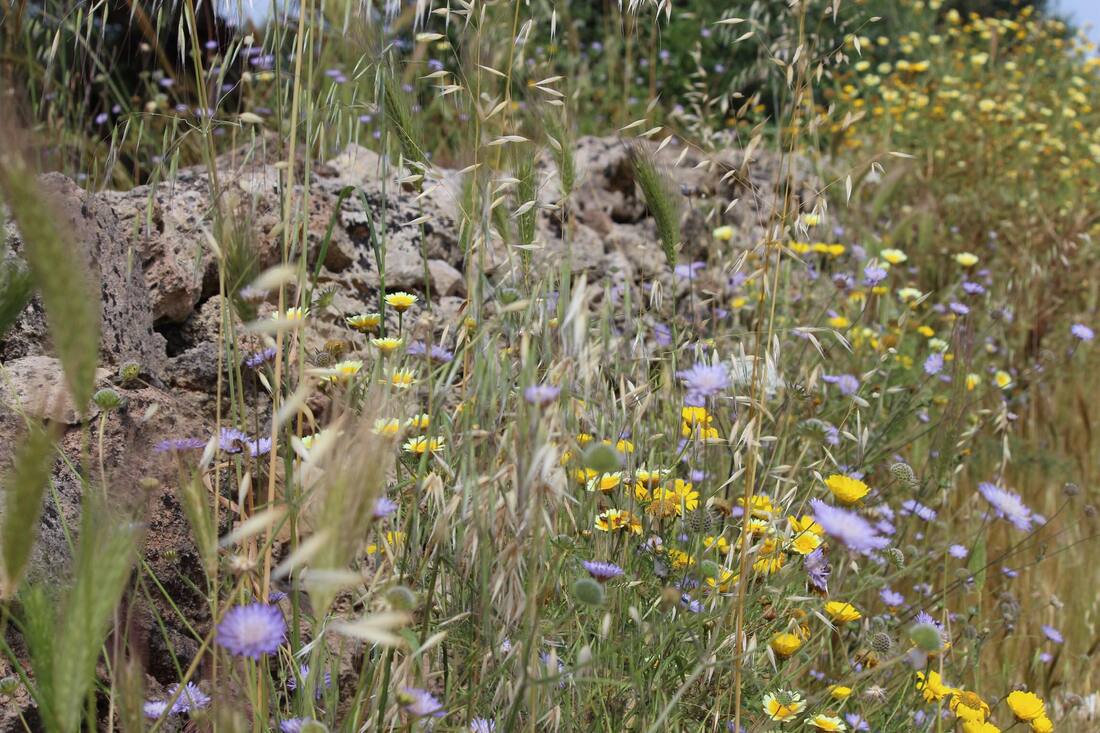
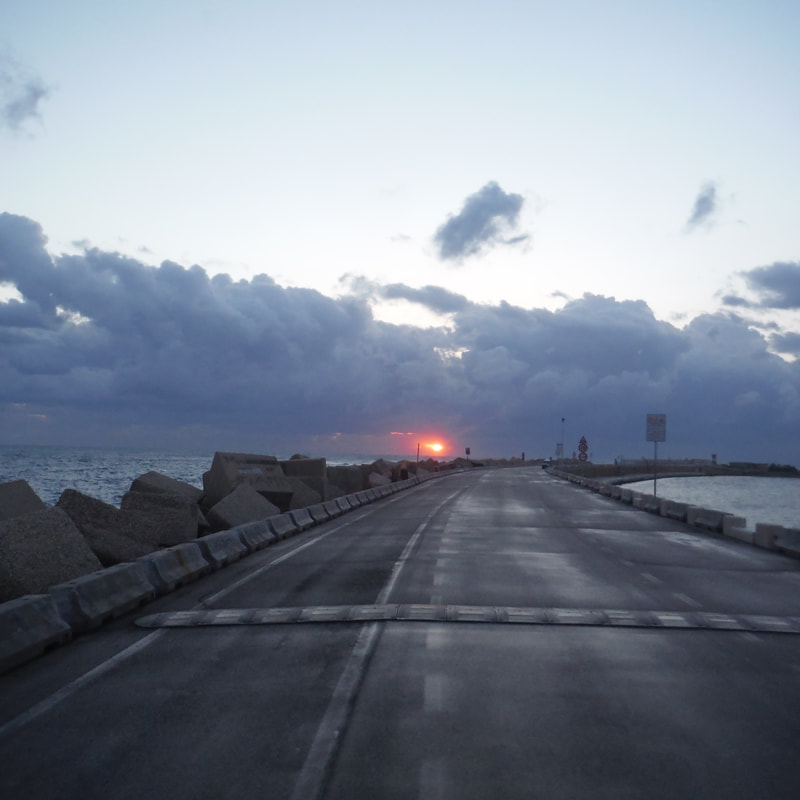
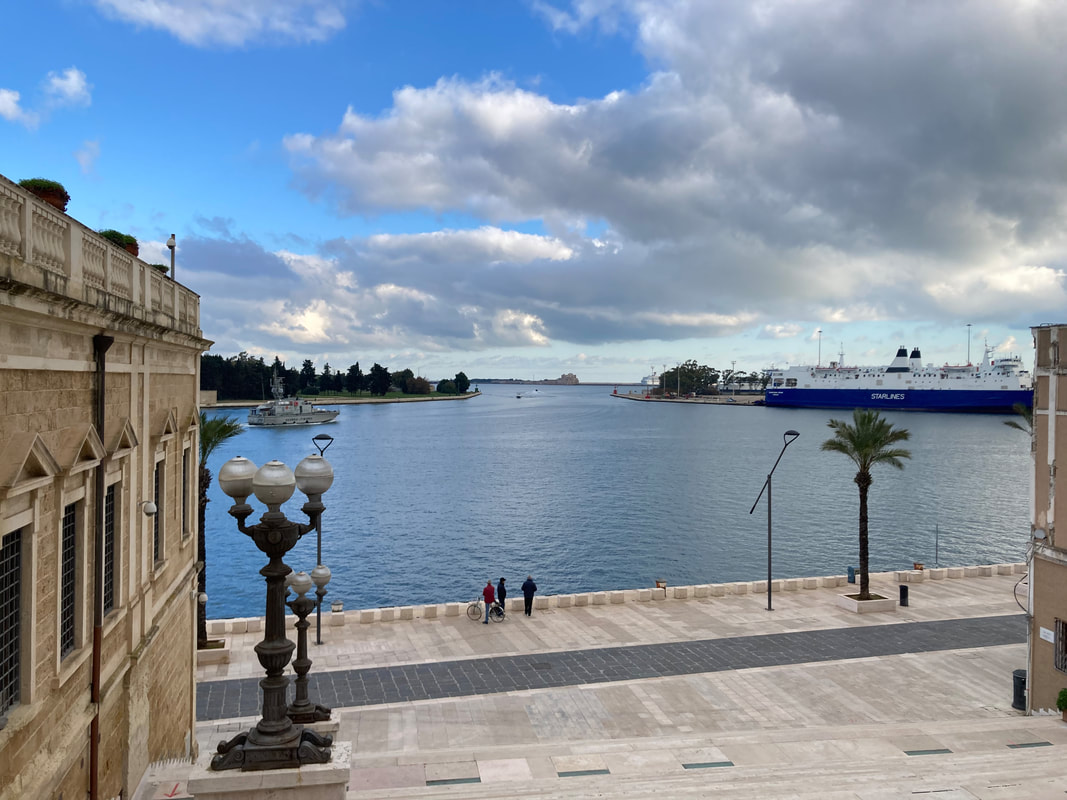
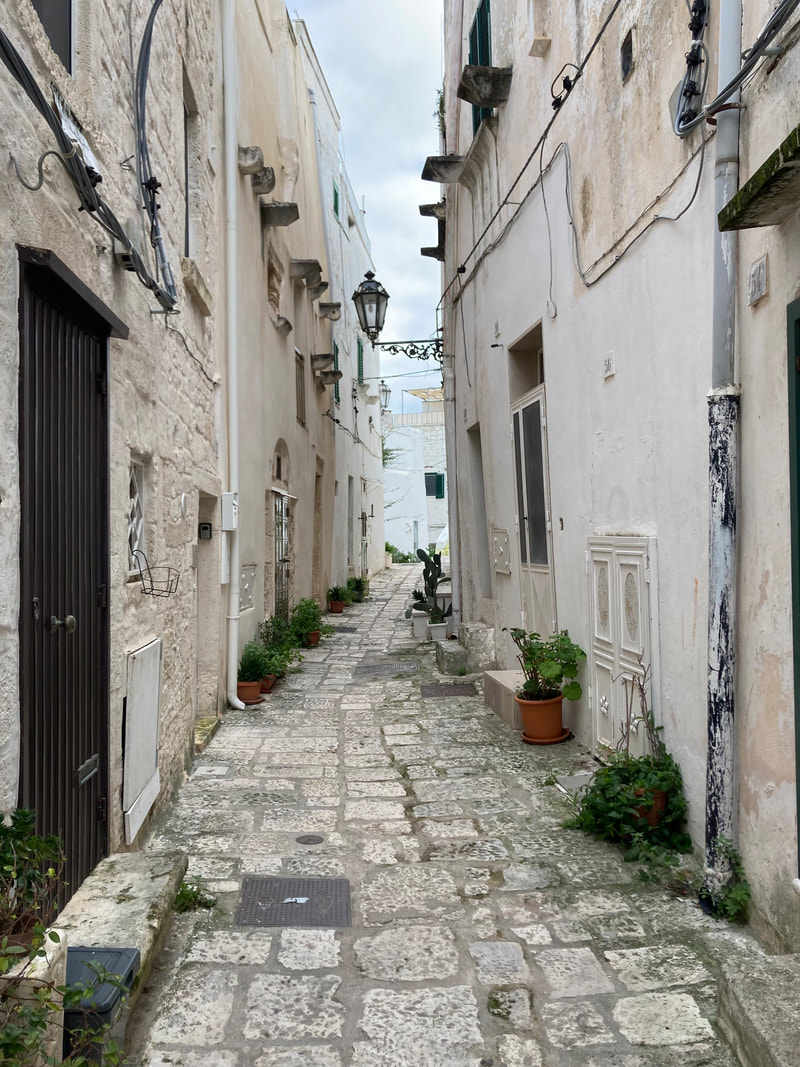
 RSS Feed
RSS Feed